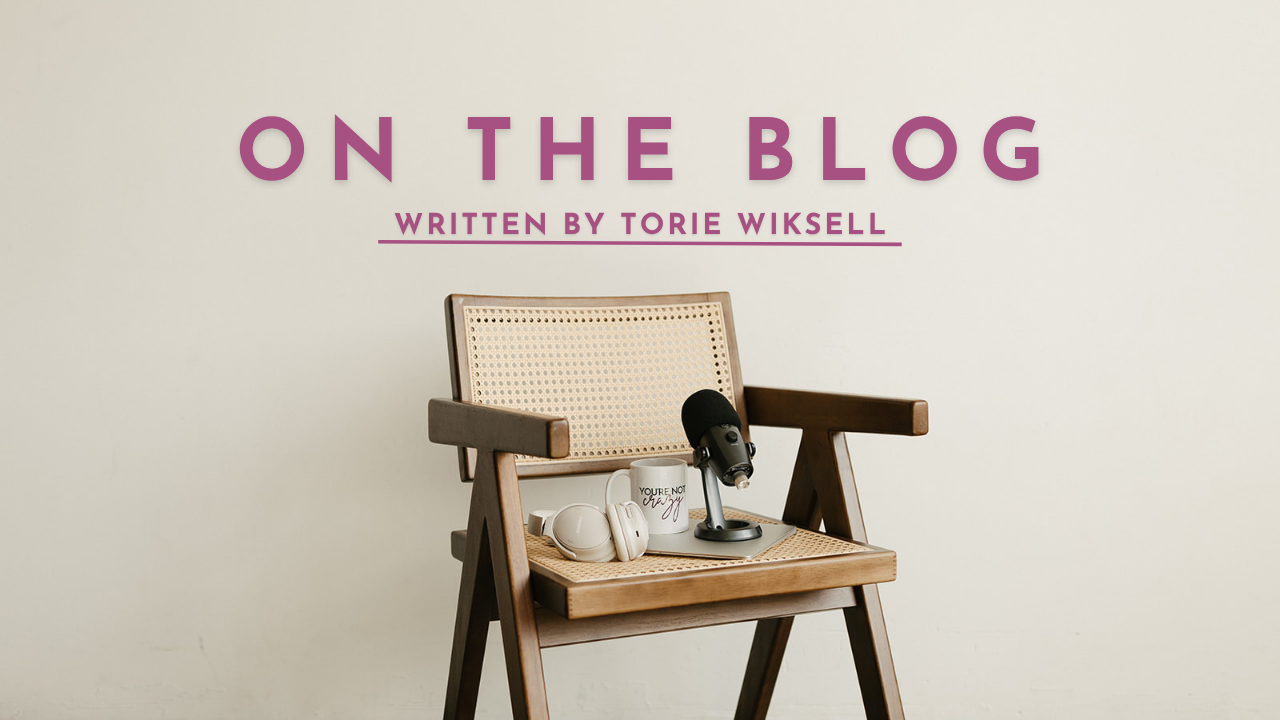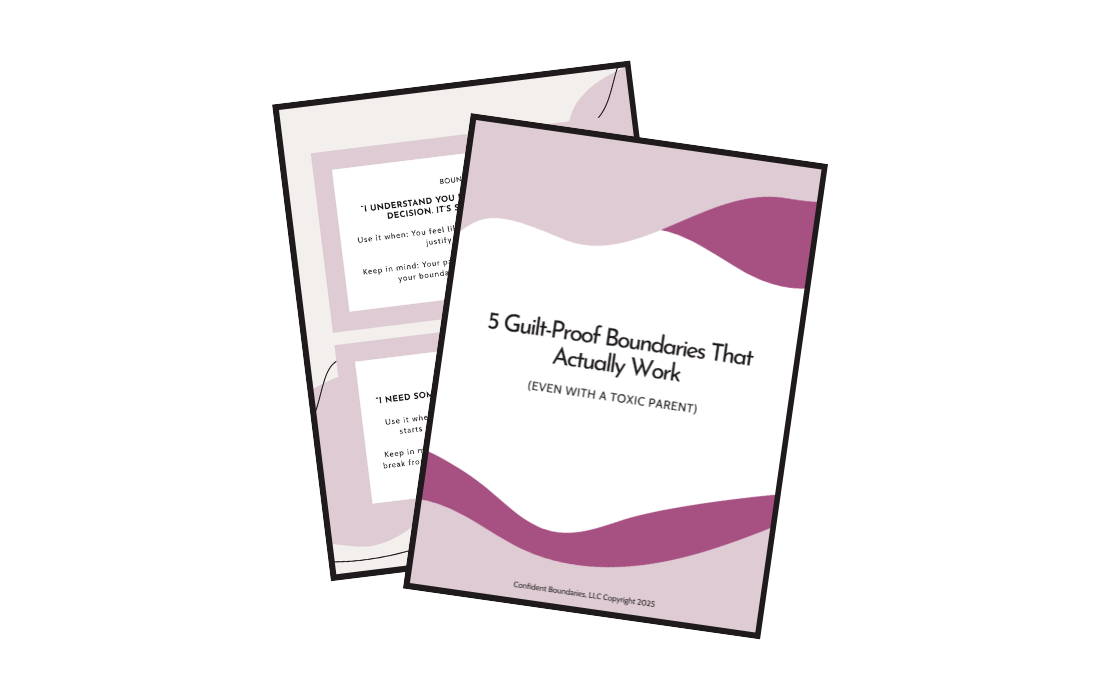
The Journey to Self-Compassion When You Grew Up in a Dysfunctional Family
How to Relearn Kindness Toward Yourself After a Childhood of Emotional Chaos
If you grew up with emotionally immature parents—especially those with borderline or narcissistic traits—chances are that being kind to yourself feels… odd. Maybe even laughable.
You probably learned early on that your job was to manage everyone else’s emotions. To smooth things over. To not rock the boat. Your own feelings? Not important. Your needs? Too much. Your worth? Tied to how convenient you were for everyone else.
So when people say, “Just be gentle with yourself,” you might roll your eyes or freeze. Because how do you do that when you’ve spent your entire life dealing with toxic parents who trained you to believe your value was conditional?
Here’s the truth: Self-compassion feels hard because you were taught it was wrong. But that doesn’t mean you’re incapable of it. It just means you’re healing from a dysfunctional family system that gave you the opposite of what you needed.
Why Self-Compassion Feels So Unnatural
When you grow up in a home where emotions are explosive, manipulative, or completely ignored, you learn one thing fast: don’t show weakness.
You probably learned that:
-
Having needs = being needy
-
Making mistakes = being punished
-
Asking for support = being told you’re “too sensitive” or “too much”
And so, your nervous system learned to prioritize survival over softness. You became the emotional caretaker. The peacemaker. The one who kept it all together.
But now? You’re not that child anymore. And you don’t have to keep living like love has to be earned through self-abandonment.
What Self-Compassion Actually Looks Like
Let’s clear this up: self-compassion doesn’t mean lying to yourself or pretending everything is okay when it’s not.
It means:
-
Catching yourself when you start spiraling into shame
-
Letting yourself rest without guilt or needing to "earn it"
-
Speaking to yourself the way you wish your parent had spoken to you
It’s not performative. It’s not a trend. It’s a skill. One that wasn’t modeled for you—but can absolutely be learned.
What Helped Me Rewire My Inner Voice
For me, the biggest shift came when I realized this: I could be the safe person I never had.
Not overnight. Not perfectly. But by consistently showing up for myself.
I started noticing the moments where I’d beat myself up. When I’d say things like, “You should’ve known better,” or “You should be further along.”
And eventually, I learned to pause and say, “It's pretty amazing where I am right now considering all of the obstacles I've had to overcome to get here.”
I started giving myself credit for the progress I made instead of ruminating on how much further I had to go.
How You Can Start—Right Now
If the idea of self-compassion still feels out of reach, try this: Next time you’re spiraling in shame or self-doubt, pause and ask yourself:
“If my best friend were feeling this way, what would I say to them?”
Then—say that to you.
Yes, it will feel weird. Yes, your brain might tell you it’s “bullsh*t.” That’s okay. Do it anyway.
Every time you interrupt that inner critic—even just a little—you’re laying a new foundation. One where your worth isn’t based on perfection. One where being human is safe.
You’re Not Behind. You’re Rebuilding.
Self-compassion isn’t a light switch. It’s a practice. You’ll have days where you slide back into old patterns. That doesn’t mean you’ve failed—it means you’re in the process.
Every time you pause instead of punish yourself...Every time you choose curiosity over criticism...Every time you offer yourself softness instead of shame...
That’s the work. That’s what it means to heal after growing up with toxic parents. That’s how you break the cycle.
You Don’t Have to Do This Alone
This is exactly why I created the Confident Boundaries Membership—because healing from a dysfunctional family system isn’t something you’re meant to do in isolation.
Inside, we talk about the real stuff:
-
What it’s like to set boundaries with a toxic parent
-
How to stop caretaking everyone else’s emotions
-
What it actually looks like to build self-trust when you were raised to doubt yourself
You’ll find tools, validation, and support from people who get it. And who are right there with you, learning how to be kind to themselves for the first time too.
Final Thoughts: You’re Not the Problem
You are not the problem. You were raised by emotionally immature parents who made you feel like your needs were inconvenient. Now, you’re learning to unlearn that. To treat yourself with the care you always deserved.
You’re not selfish. You’re not broken. You’re healing. And you’re doing better than you think you are.
You’re Not Crazy.
But you might have been gaslit by your parents.
Learn how to recognize the signs—and start rebuilding trust in yourself.
I hate SPAM. I will never sell your information, for any reason.



